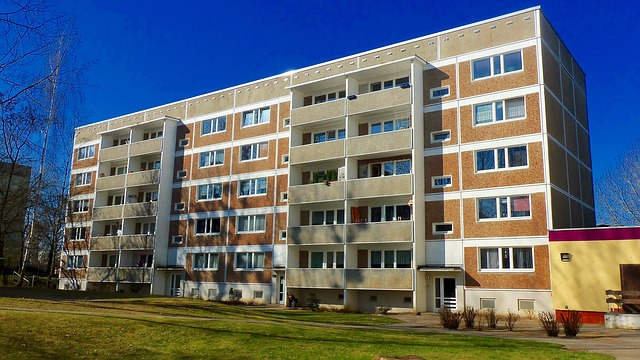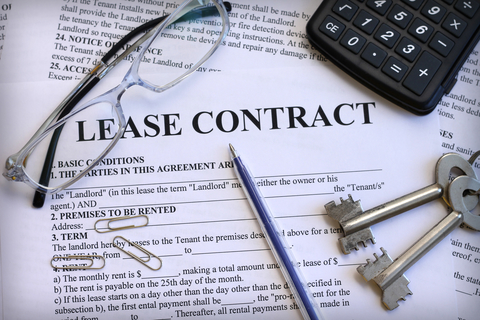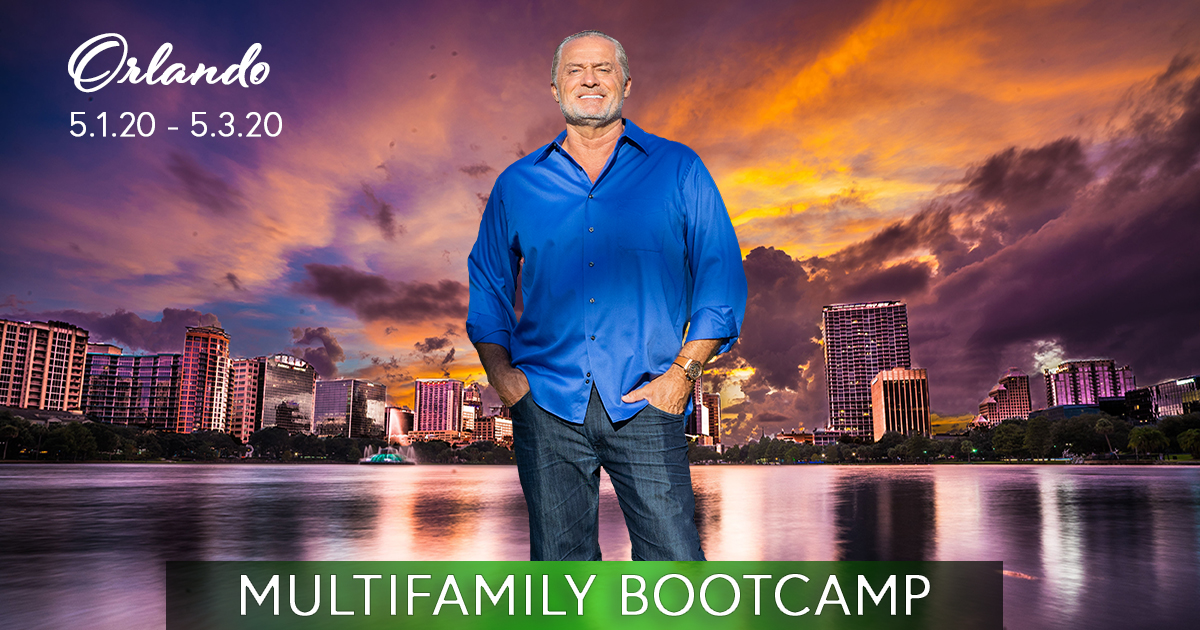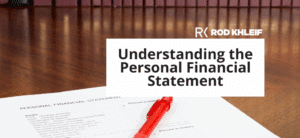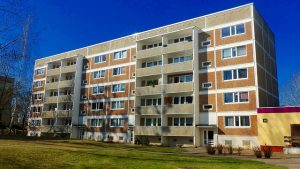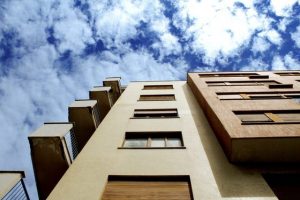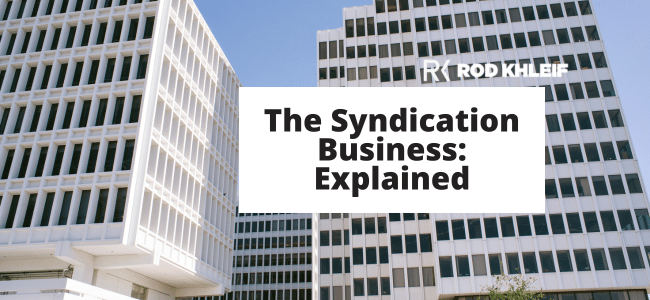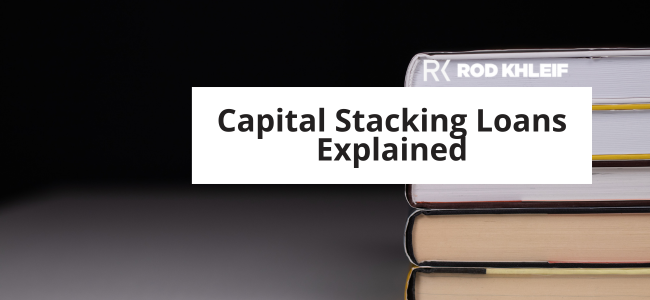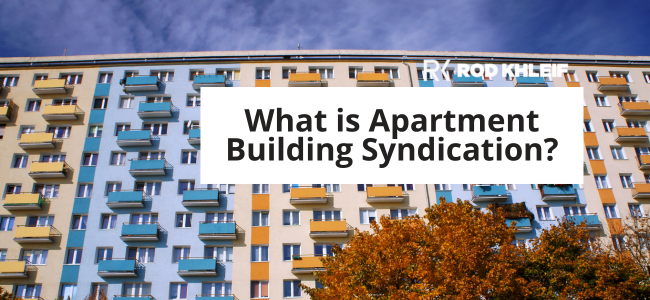Ten Ways to Increase Revenue in an Apartment Investment.
There are numerous methods and ways to increase revenue at an apartment complex. read more
And, if you as an investor truly want to maximize your profit (Either as an ongoing entity, or upon disposition) you should consistently be seeking out ways to increase income at your properties.
In this article, I will discuss ten things you as an apartment owner/manager can do to grow the income at your property.
FREE Guide – 29 Fatal Mistakes Real Estate Investors Make
Some of these are very simple, some are more difficult and have more inherent risk.
However, one thing all of these things must have is that they make economic sense. In other words, the “cost” of the undertaking must be less than the “benefit”.
So, before undertaking any such program, a thorough cost/benefit analysis must be performed, and if the program does not provide a clear economic benefit, it should be avoided. I like to see a maximum of a 3-4 year payback on any capital improvements.
Let’s start with the more difficult undertakings first.
When you purchased your investment, did it also include any additional vacant land? If so, you may want to investigate adding additional units to the property. Adding units is obviously a highly complex process, but it can also be very lucrative, especially is strong, high-demand markets. If you do not have any experience with apartment development/construction, you should be certain that you understand the development process fully before moving forward. With development comes development risk, and entering into this arena “blindly” can be economically disastrous.
Another development/construction idea to consider is adding enclosed garage spaces or carports to the property. If local zoning allows, these structures can usually be developed within existing parking areas.
A third method to increase revenue is through a Ratio Utility Billing System also known commonly as RUBS. This is a system that allows an apartment owner to allocate utility costs, primarily water, to the tenants. RUBS is often utilized in situations where there are space or cost constraints that do not allow for sub-metered units, and calculates a resident’s utility bill based upon a number of factors including; occupancy, unit size, bedroom/bath count and number of water fixtures. While implementation of the system is relatively easy, the difficulty lies in dealing with tenants who will suddenly be burdened with an increase in monthly housing costs
Let’s now turn to some of the easier things that can be done to increase revenue at your property.
Does your property have a common laundry facility? If so, are the individual washer/dryer units owned by the property or are they leased? If leased, you should be aware of when the contract expires, and at the end of the lease term, you should seriously consider terminating it and purchasing your own commercial units. These units are usually not too expensive, and they typically pay for themselves in six to twelve months. After that, it’s all profit for you, less any costs to maintain or repair the units. I can speak from experience that these units are usually “cash cows”, and can add a significant amount to your property income.
Another simple undertaking is allowing for short-term rentals of six or even three months. While turnover costs will be more frequent, you can offset that by charging higher rents and requiring larger security deposits. Short-term renters typically understand that these higher costs are justified in exchange for a “non-typical” lease.
The next two mechanisms that can be enacted are somewhat related. Providing fully furnished units can be an excellent way to generate additional revenue. In most areas there are several companies that provide furniture and furnishings on a leased basis, and the costs are typically reasonable. Furnished units can command sizeable premiums, and they can be rented to short-term renters (see above) or corporate users who will use them to house employees who are either temporary, or transitional. In many instances, corporate users will rent the units on a long term basis and use them on an as needed basis.
Furnished units can also be rented on a very short term basis (weekly or even shorter) through various internet based facilitators like Air BNB. Of course, turnover costs and potential property damage issues are increased under this scenario, but fully furnished units can usually be rented at very large premiums that should more than offset the increased costs. Each market is different, but again, a cost/benefit analysis should provide enough information to decide if this is a profitable endeavor.
Do you allow pets at your property? If not, perhaps this is something that should be considered. Obviously, the types of pets that will be allowed (species, breed, size, etc.) will need to well thought out, and clear rules regarding pet ownership will need to be enacted. But it is typical for pet-friendly properties to charge an up-front pet fee, an increased security deposit as well as an additional monthly rent premium.
Furnished units can also be rented on a very short term basis (weekly or even shorter) through various internet based facilitators like Air B & B. Of course, turnover costs and potential property damage issues are increased under this scenario, but fully furnished units can usually be rented at very large premiums that should more than offset the increased costs. Each market is different, but again, a cost/benefit analysis should provide enough information to decide if this is a profitable endeavor.
Do you allow pets at your property? If not, perhaps this is something that should be considered. Obviously, the types of pets that will be allowed (species, breed, size, etc.) will need to well thought out, and clear rules regarding pet ownership will need to be enacted. But it is typical for pet-friendly properties to charge an up-front pet fee, an increased security deposit as well as an additional monthly rent premium.
Does your property have a clubhouse or comparable structure?
If so, you should consider renting the facility to outside entities for parties, meetings, or other gatherings. This not something that should be done too frequently, as tenants will likely balk at not having use of the facility consistently, but renting out the space on an infrequent basis is a very easy way to add dollars to the bottom line.
Vending machines are another very easy way to provide additional revenue to a property. Like washer/dryers, vending machines can either be leased or owned by the property. However, most owners choose to lease them, as maintaining and stocking the machines can be a tedious and frequent requirement.
There are many other ways and methods that an owner can use to drive revenue growth, these are just a few. But as a prudent property owner/manager, you should constantly be on the lookout for programs that can be implemented to increase the value of your asset.

